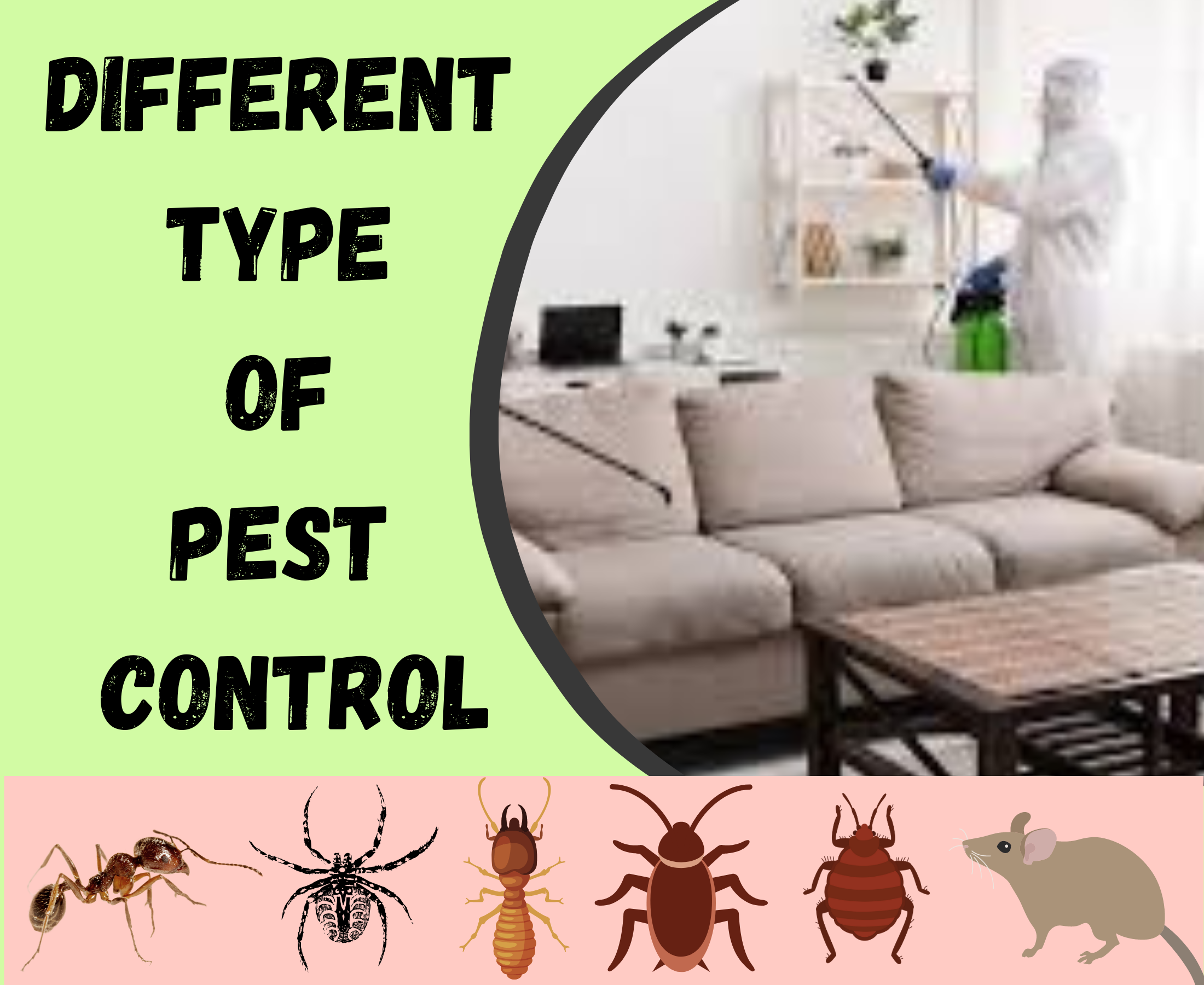About Pest Control
About Pest Control
Blog Article
Not known Details About Pest Control
Table of ContentsLittle Known Questions About Pest Control.The Best Strategy To Use For Pest ControlEverything about Pest ControlWhat Does Pest Control Mean?Our Pest Control Diaries
Limitations of Chemical Administration Be able to analyze bug troubles, determine if management is required, and make ideal referrals utilizing IPM strategies. Be familiar with various methods of insect administration - their benefits and restrictions.This chapter talks about (IPM), a technique that uses knowledge regarding insects and their, practices, nonchemical methods, and chemicals to take care of insect troubles. Additional information concerning IPM for specific plants is included in phases that concentrate on those plants. Parasites in a garden or landscape may consist of insects and mites, weeds,, creatures, and birds.
Many individuals rush to pull, hoe, or spray every weed they see. Bugs and weeds, however, play a duty in the. After planting a garden or developing a yard, the natural process of plant succession starts to improve and nonnative plants. A weed growing in a grass stands for the initial stage in a series of occasions that, if allowed to continue, can at some point cause a woodland.
What we call "bugs" are component of an all-natural system at work. Just human beings think about certain types pests when they occur where they are not desired.
What Does Pest Control Mean?
Pests vulnerable to a chemical were quickly killed, leaving resistant ones to breed and multiply. It ended up being clear that chemicals alone would certainly not address all parasite troubles. Rather, overuse of chemicals triggered the advancement of resistant parasites. Researchers began to establish a brand-new approach to pest control. This brand-new strategy was called incorporated pest monitoring (IPM).
An IPM plan allows some degree of pests in the setting. Pests are much less likely to endure a program that uses several different techniques of reducing their populaces. Integrated bug administration was initial suggested by entomologists since pests were the first team of pests to show tough to take care of with chemicals alone.
insect and host accurately. and take into consideration economic or visual injury. A limit is the factor at which action need to be taken. a treatment technique using mechanical, social, biological, or chemical controls, or a combination of these strategies. success of therapies. IPM has expanded beyond bugs to monitoring of all pest populations: weeds, illness organisms, and mammals.
Some Ideas on Pest Control You Need To Know
Management rather than eradication of bugs is the objective. An IPM plan begins with a mindful assessment of each bug infestation.
Clover growing in a grass might be seen as an undesirable weed, yet as a legume it is synthesizing nitrogen for the dirt and the blossoms are providing nectar to honey bees and various other. Resistance for some weeds might be part of an IPM plan. may be consuming the fallen leaves of a plant, yet when they are identified as the larvae of Eastern tiger swallowtail butterflies, their damage may be endured so we can appreciate the stunning butterfly.

The 2nd crucial device in pest administration is very early intervention. Being existing and observant in the yard ensures early discovery. Reacting to issues swiftly, prior to they have time to multiply, needs a much less significant intervention. The third essential device is recordkeeping; tracking what occurs in the garden makes it possible for a garden enthusiast to identify patterns and make informed decisions.
How Pest Control can Save You Time, Stress, and Money.
Numerous risk-free, useful, nonchemical techniques of plant protection and insect management may reduce or remove the demand to spray. Various other techniques are most valuable when made use of with chemicals. To carry out administration practices correctly and to minimize losses, garden enthusiasts need to be conscious of the types of insects that attack plants and recognize pest biology.

Carrying out a dirt examination and applying only the suggested quantity of plant food and lime optimizes the advantage to the plant while minimizing problems associated to too much use fertilizer - Pest Control. Treatment the dirt with several inches of mulch safeguards the plant in several ways: minimizing soil water loss to dissipation, minimizing weed competitors, supplying nutrients, and developing a suitable setting for earthworms and bacteria that maintain the dirt loose for origins and damage down natural material to release nutrients
If mulch touches the trunk, it can create a way for voles, bacteria, and fungi to strike the plant. Do not make use of manure or garden compost that why not check here has actually not completely broken down as a top dressing because it can urge unwanted bugs. Research study suggests that tilling the soil is destructive to dirt structure.
Little Known Questions About Pest Control.
If tilling is deemed needed, consider doing it in the autumn when the life cycles of several insects brings them near the surface area. At the surface, bugs come to be subjected to the climate as well as birds and various other all-natural opponents.
Report this page